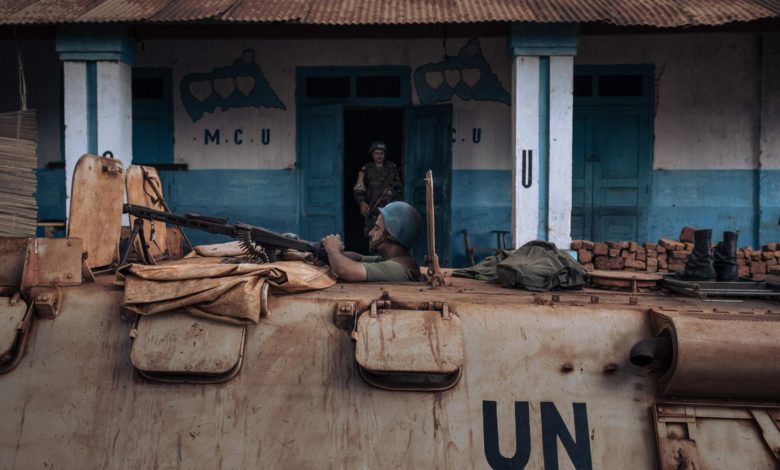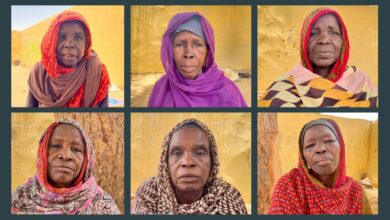Morocco Troops Withdraw From Bakouma Town In CAR
A division of Morocco troops working with MINUSCA in the Central African Republic, CAR, have been withdrawn.

A contingent of Moroccan troops attached to the United Nations Organisation Multidimensional Integrated Stabilisation Mission in the Central African Republic (MINUSCA), based in Bakouma within the Upper Mbomou, has withdrawn from the town.
The complete withdrawal took place on Wednesday, Feb. 17.
“In accordance with operational demands, we sometimes have contingents or parts of contingents within the country which are moved from one place to the other,” a source within MINUSCA said, confirming the withdrawal by the Moroccan troops.
“It is thus possible for certain Moroccan soldiers to be moved to another part of the national territory.”
It was not immediately clear whether the Moroccan soldiers would return to Bakouma later or be deployed to another town.
“It is strongly possible that these Moroccan Blue Helmets would be sent to reinforce a group of other colleagues in other parts of the country. That does not mean that they would no longer return to Bakouma,” the MINUSCA source revealed.
Bakouma town is rich in mineral resources, especially uranium that was until 2012 being exploited by the French company, Areva. However, the company withdrew from the concession in 2012 following continuous armed attacks on its installations, and there are speculations now that it may return in the not very near future.
Because of its mineral resources, Bakouma has been the centre of continued clashes between various rebel forces and the Central African Republic national army.
In Dec. 2019, the town was briefly occupied by Seleka rebels before government forces assisted by MINUSCA soldiers recaptured it.
There is a concern in Bakouma that the withdrawal of the Moroccan forces leaves the local populations at the mercy of the rebel combatants who have always been preying on the civilian residents by way of looting and extortion.
“With the Moroccan soldiers now gone and the national army nowhere near here, only God knows what would become of us,” a civil society activist told HumAngle.
“We are now exposed to combatants of various rebel factions who have not been very friendly to the natives here in the past.”
Support Our Journalism
There are millions of ordinary people affected by conflict in Africa whose stories are missing in the mainstream media. HumAngle is determined to tell those challenging and under-reported stories, hoping that the people impacted by these conflicts will find the safety and security they deserve.
To ensure that we continue to provide public service coverage, we have a small favour to ask you. We want you to be part of our journalistic endeavour by contributing a token to us.
Your donation will further promote a robust, free, and independent media.
Donate Here




